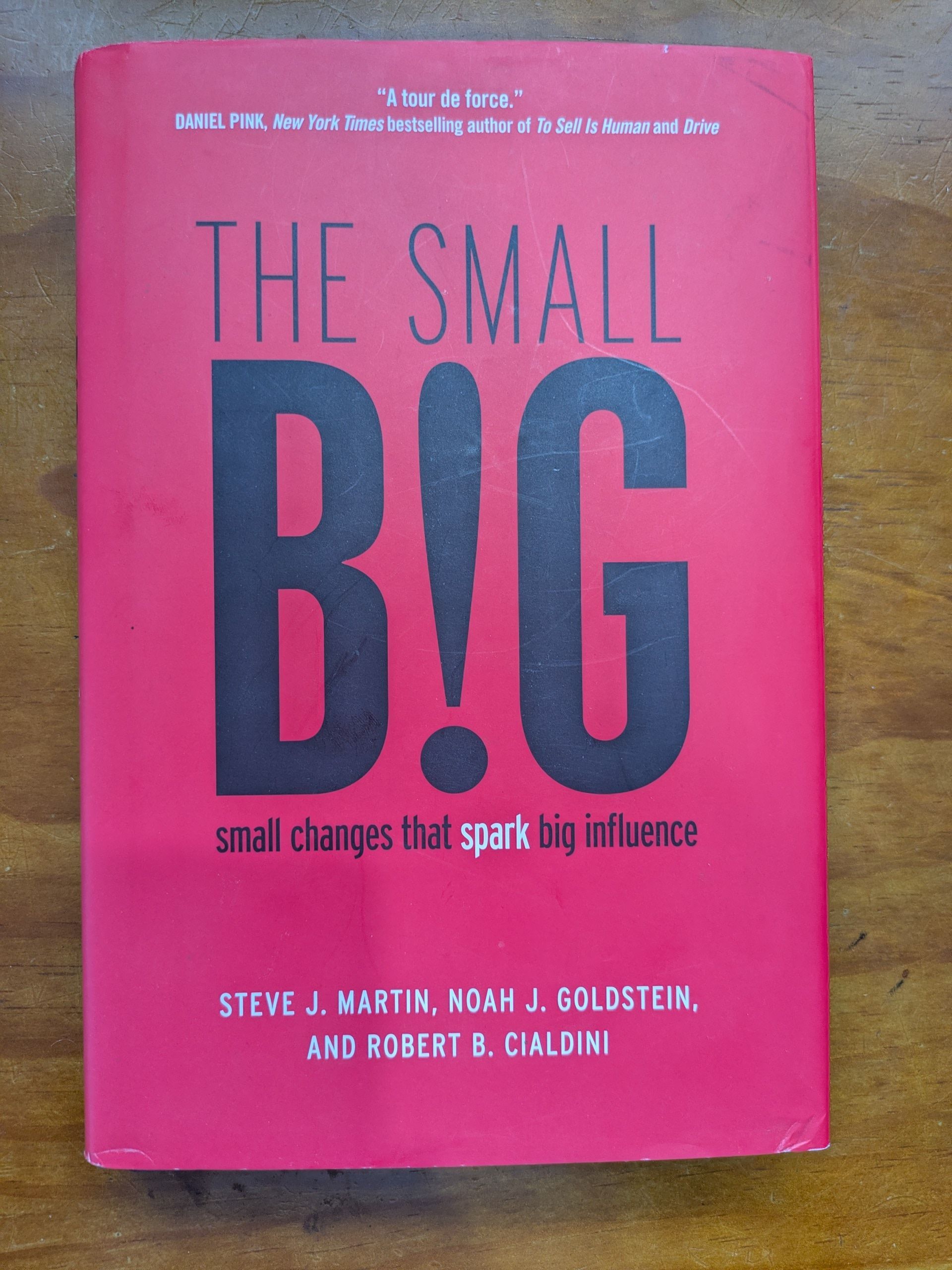General Intelligence in Action: How fast did you answer?
We hope you enjoy reading this blog post!
Fermion is a Wollongong-based HR consultancy that specialises in helping companies across Australia save money through innovative recruitment and retention programs. Let us help your organisation thrive.
Understanding How Intelligence Drives Workplace Performance & Smarter Hiring Decisions
Some people will answer this question relatively easily and quickly. Whereas others will take a bit longer, and others will solve it but only with some help, and there will be a remainder of people who can’t solve it all.
The process of solving this is intelligence in action. The example used is a relatively complex problem to solve and your intelligence determines whether you can solve it and how fast.
Intelligence in relation to recruitment and the workplace is about how quickly people learn new information, processing speed, and dealing with cognitive complexity.
This is important in the workplace as it relates to a candidate’s training needs and whether the intellectual demands of the job match their intellectual capacity. Do they have the intellectual ability to do the role to a high standard, or the opposite, are they way too smart for the role.
Fortunately, intelligence is not difficult to assess and in the context of data sources during the selection process, it is the most objective piece of data you will get. Majority of the data gathered during any selection process is subjective; from the candidate’s CV and written application, to their answers to interview questions, and the panel’s rating of this data; it’s all subjective.
Whereas intelligence testing, and other aptitude and skills testing, is objective.
Being aware of a candidate’s intellectual capacity can help you generate hypotheses about a candidate; will they hit the ground running; what resources do I need for their training; is their score consistent with their work history; does their ambition outweigh their ability.
Without this data, you are just guessing as to their intellectual capacity. If a candidate has a good vocabulary they will be judged to be “intelligent”, but that doesn’t mean they are; it just means they have a good vocabulary. Conversely, a shy and anxious candidate, could be well above average intellectually and a real talent, but you may miss them because they don’t interview well.
General intelligence is the single most effective predictor known of individual performance on the job. There are other kinds of talent and abilities, and aspects of personality and character that influences a person’s chances of success and happiness, but there is abundant evidence that general intelligence is the single most valid predictor of productive work behaviours and training performance. In more complex jobs, it does so better than any other single personal trait, including education and job experience.
The importance of general intelligence in job performance is related to complexity. Occupations differ considerably in the complexity of their demands, and as that complexity rises, higher general intelligence levels become a bigger asset and lower levels a bigger handicap.
I recall reading a letter to the Editor from an Australian University Professor about the role of general intelligence in life:
“It has been established for more than a century now that general mental ability, or IQ colloquially speaking, is by far the dominant predictor of whether the individual will go on to do a higher degree. The work by J.E. Hunter in the 1980s has conclusively shown that IQ is the best predictor of career success.”
The bottom line: if you are tired of hiring the wrong person, or you want to build a high performing team, you need data about each candidate before you interview; use the test results to compliment your interview.
A typical battery of tests that covers IQ, EQ and personality will ask the candidate over 200 question – imagine using that data to enhance your interview.
Telephone screen and then psychometric testing and then only interview good candidates. Try this approach and your hiring decisions will improve significantly.
About the Author:
Christopher Apps is an Organisational Psychologist and the owner of Fermion. He stays updated on the latest psychology research and shares evidence-based insights. The focus of Fermion is "Psychometric Testing for Recruitment" and “Recruitment to Retention: How to Select Good Staff & Keep Them”. If you would like to learn how to select good staff and keep them, please feel free to contact us at Fermion.
“Learn from the mistakes of others. You can’t live long enough to make them all yourself.”
Eleanor Roosevelt.
Answer: $80





